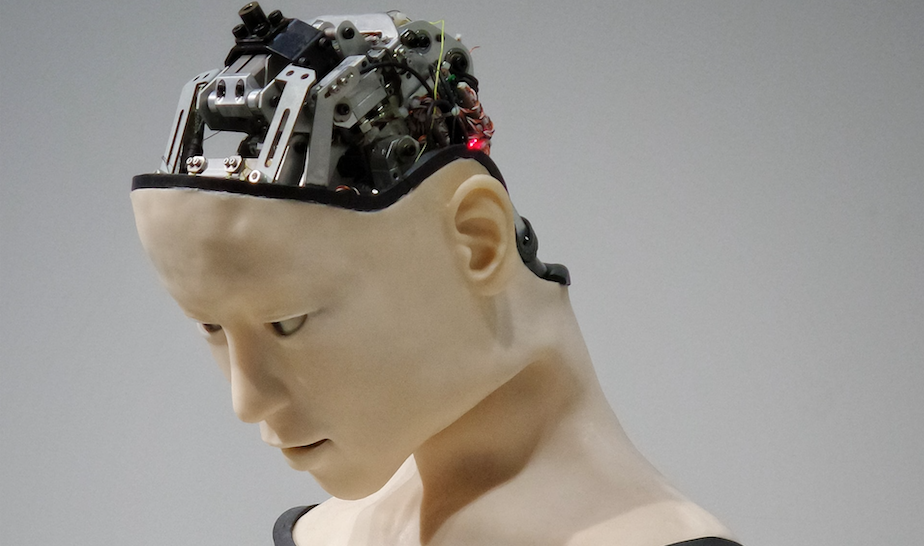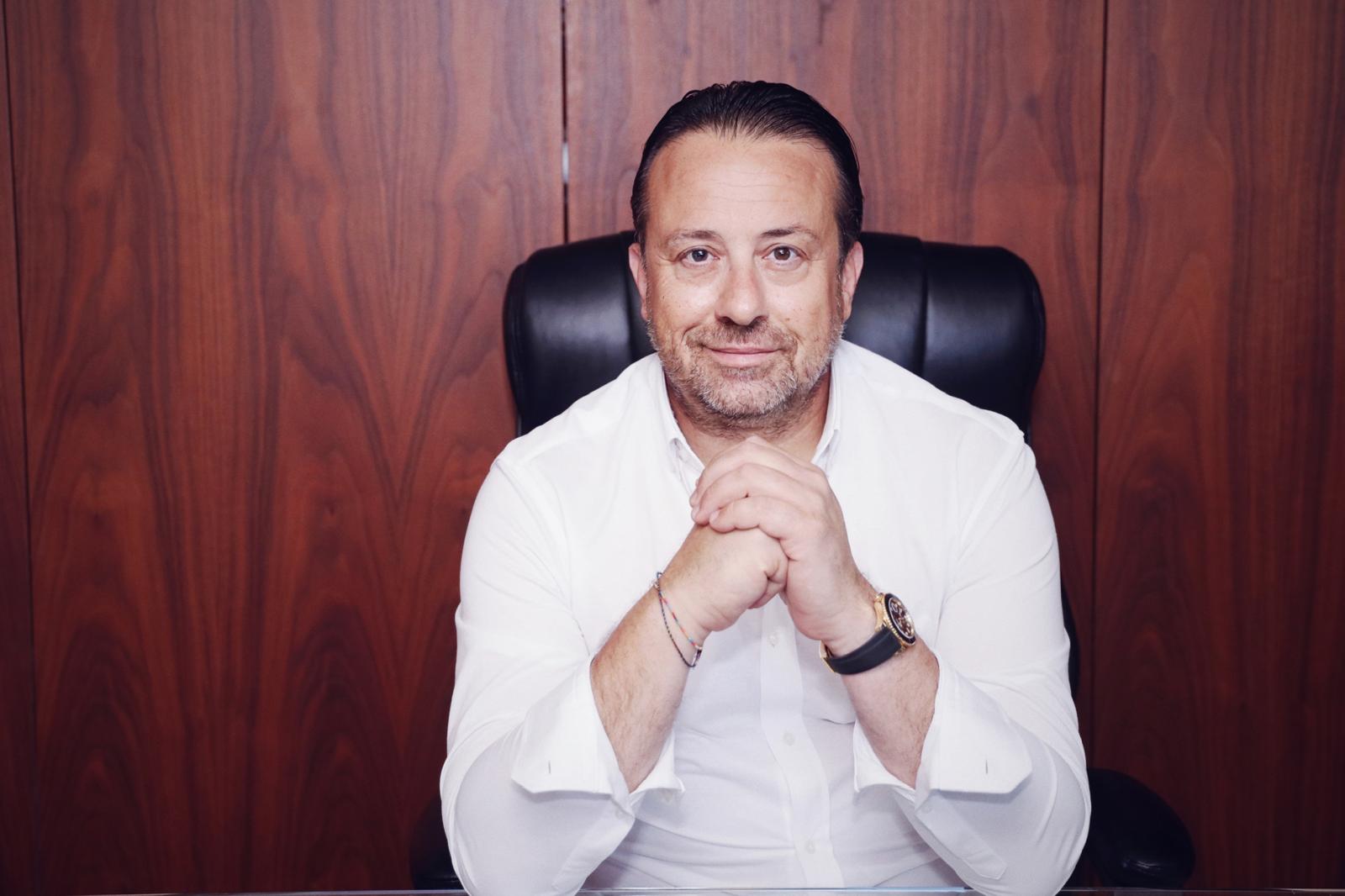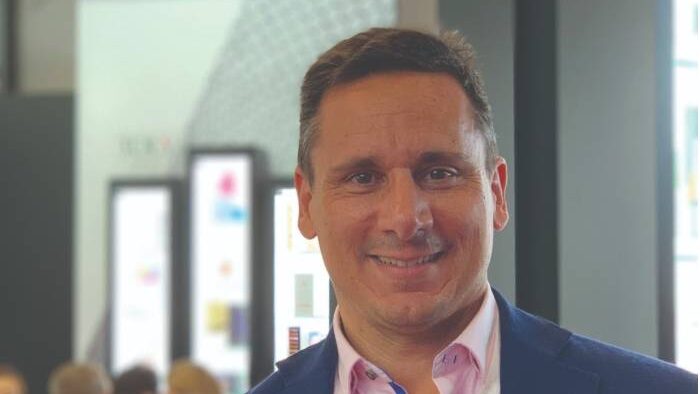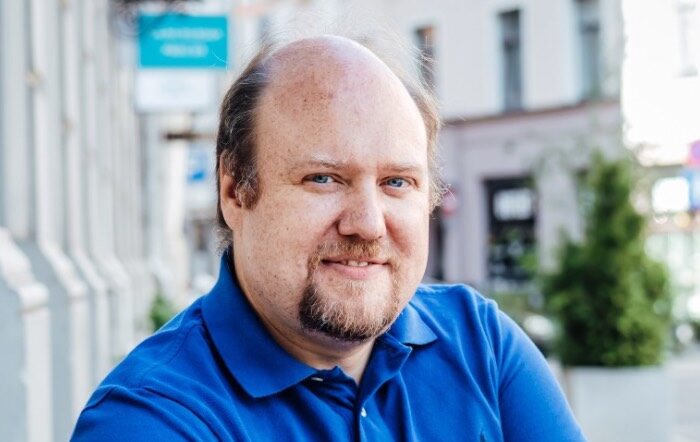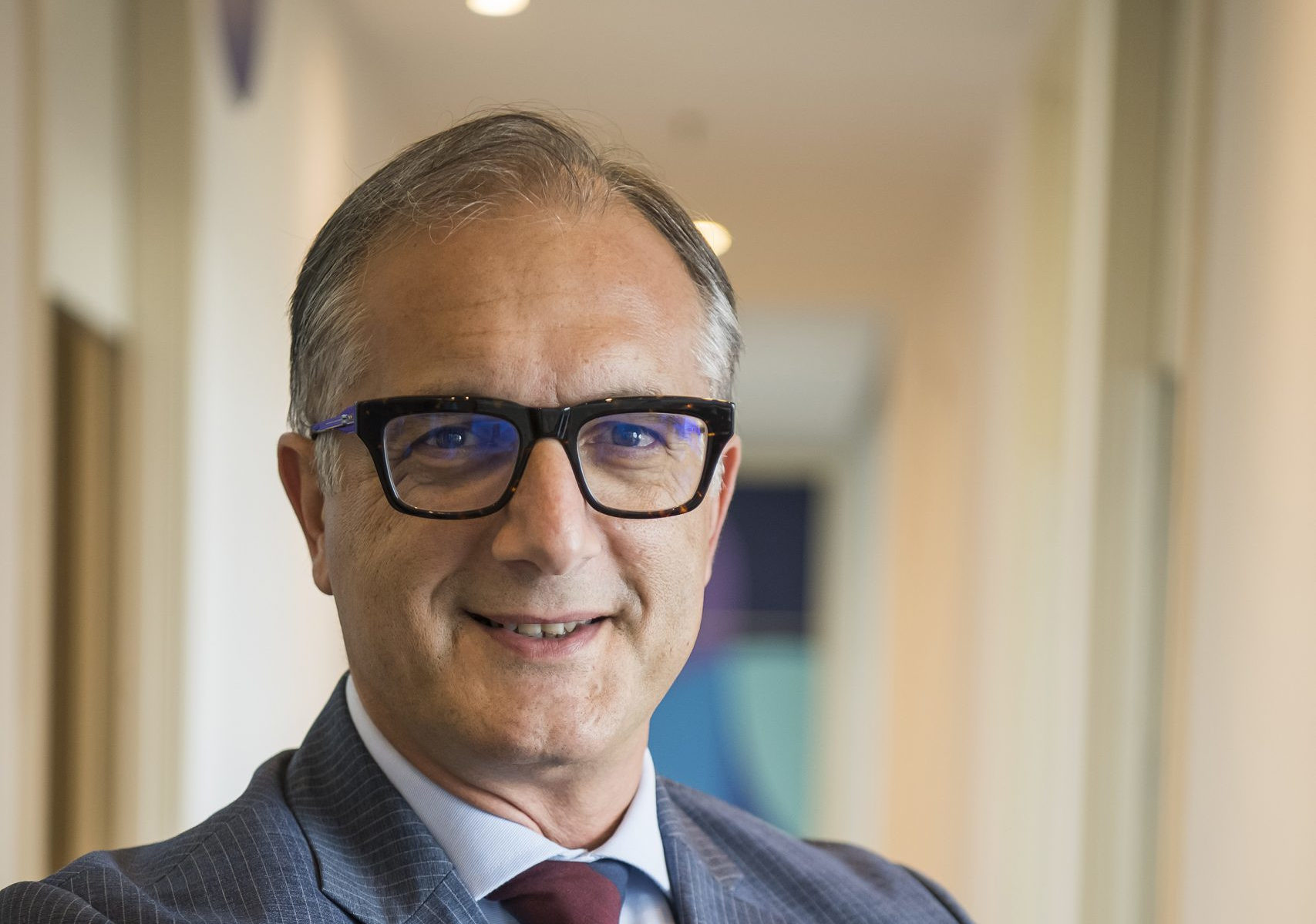“Malta’s business leaders are resourceful and creative. Nevertheless, some do not have an innovation strategy and thus take on short-term ‘projects’ which don’t align to an ultimate growth goal,” says digital entrepreneur, IT-Law specialist and EBO.ai CEO Gege Gatt, when asked about how business leaders are embracing AI in Malta.
The co-founder and CEO of London-based Artificial Intelligence platform EBO.ai explains that an innovation strategy should dictate the direction of innovation and its operational implementation, and without one, innovation efforts risk misalignment.
“Business leaders will benefit from clarity around the planning of innovation goals,” he affirms, adding that in parallel, collaboration is the key to innovation. While many organisations understand the importance of collaboration internally, Gege feels that collaboration externally can be equally important. “Innovation ecosystems bring together industry partners, customers, and even competitors to drive innovation within a sector. Embracing AI in Malta will necessarily mean breaking down some traditional silos which prevent the free flow of ideas, data and best practices.”
What are some of the ways that local CEOs and business leaders can open up their business to new tech, and how can this be beneficial to them?

“Technology is not an instrument in the way a production machine is,” he says, describing it is a way of ‘seeing’ the world and not merely creating artefacts for it. “Therefore, the underlying message for Maltese businesses is not about how to adopt AI, but around how to embrace positive change in the midst of the deep societal transformation we’re witnessing.”
If local businesses can get beyond cultural and budgetary constraints, the EBO.ai CEO believes that the opportunities which technology will open up are significant. Breaking these down, he highlights three main opportunities.
Automation
“Certain processes done by humans are subject to error and fatigue,” he says, and automating these processes can be beneficial to the business and customer alike. Indeed, he continues, “our product focus at EBO is the creation of Virtual Agents that perform routine tasks accurately and efficiently – just like (or better than) a human.”
Consistency
New technology is a catalyst for consistency. “When improving the customer’s journey, we need to ensure that each touchpoint is consistent and not shackled by performance dips, under-trained team members and/or process complexity,” Gege says, highlighting the fact that consistency also has a bearing on regulatory compliance.
Speed
With the ability to aggregate massive libraries of information, new technology – and AI in particular – can quickly provide answers that would otherwise be time-consuming and labour-intensive, the CEO says. “Better still, AI can ‘beat time’ by predicting (rather than reacting to) specific triggers. This is a game-changer. Think of the financial services industry as an example… this means that we can verify if a transaction is compliant before it is actually executed, thus avoiding potential non-compliance, whilst accelerating speed and trust.”
Reflecting on how AI stands to affect the local business sphere, Gege quotes Bill Joy, one of the founders of Sun Microsystems, who framed the principle that “no matter who you are, most of the smartest people work for someone else”. This is especially true in Malta, he notes, where the supply of human resources will always be less than the market requires.
“AI can absorb some of this pain by performing specific tasks which would otherwise require human intervention,” he says, but is quick to point out that the scope of AI is to augment (not replace) human capability. “At present, AI is mainly automating tasks and not entire job-roles. Nevertheless, as with any revolution, some jobs will go whilst others will be created,” Gege continues, quoting World Economic Forum predictions that by 2025 a total of 97m jobs will be created, while 85m jobs will be lost, due to AI.
“Beyond the process relating to the absorption of costs from operational labour, AI will provide the momentum local businesses need to increase their competitiveness,” he maintains.
So where should local business start? The CEO believes that Malta’s business leaders should focus on the identification of quick-wins, and often, this is around repetitive customer-facing processes. “We have found time and time again that complex repetitive workflows have inflated costs, and these are the first that should be axed.”
As for what obstacles could lie in the way, Gege affirms that ‘digital’ is really not about technology but about change and innovation. Therefore, a common obstacle he encounters is the absence of change momentum or the restriction of the innovation process to one functional group (such as the IT Department) within an entity. “The myth that one group is more suited to innovate than others is a hindrance to the pace of innovation, as each business unit can provide a unique perspective for driving successful adoption of AI. Therefore, businesses must develop cross-functional teams which work seamlessly across the various processes of the company,” he advises.
The second obstacle he highlights relates to the ‘sizing up’ of the opportunity ahead. “Because technology structures our experiences and shapes how we live, it has enormous significance,” he asserts, adding that Artificial Intelligence is the most deep and pervasive technology this century has witnessed.
“The progressive use of technology in general is so vast, widespread and rapid that our society is pivoting around this seismic shift. Therefore, AI hasn’t just impacted sectors, but it has impacted us –as human beings. Editors (and facts) have disappeared, the meaning of ‘social’ has been rewritten, business are competing on new data points, and we have a new playbook for electing governments using AI,” he says, pointing out that, as technology shapes our socio-behavioural norms, it is critical for businesses to reflect and reframe the profound change that has occurred in just a short period of time.
“The enormity of the change is itself an obstacle, but you tackle it by following the proverbial advice of Desmond Tutu, who once said: ‘there is only one way to eat an elephant: a bite at a time.’ What he meant by this is that everything in life that seems daunting, overwhelming, and even impossible can be accomplished gradually by taking on just a little at a time.”
‘We don’t cut corners’: AGB Holdings CEO Alan Bonnici on defining luxury living in Malta
From insurance executive to luxury property expert, Alan Bonnici has delivered iconic developments, strategic hospitality ventures, and a legacy built ...
‘Digitisation and smart manufacturing’ is where Malta’s competitive edge lies – CFO of Toly Group
Nick Xuereb speaks about Malta's challenges and the strategic roles of R&D and innovation.
Embedded fintech ‘is the future,’ declares Blackcatcard CTO
The company offers regulated fiat services and digital asset infrastructure.
BMIT’s record-breaking year a result of ‘clear strategic vision and disciplined execution’ – CEO
BMIT CEO Christian Sammut attributed the company's success to a 'continuous effort to put the needs of clients first'.


